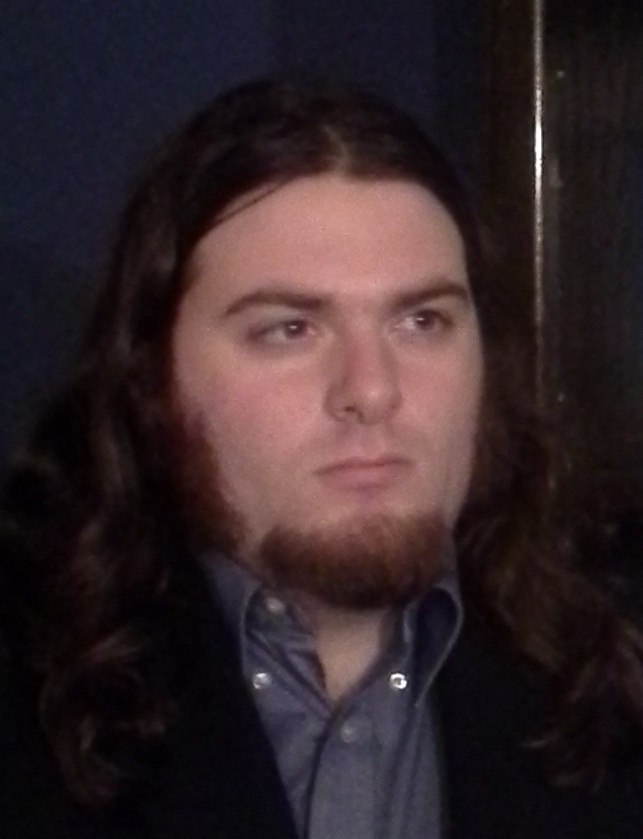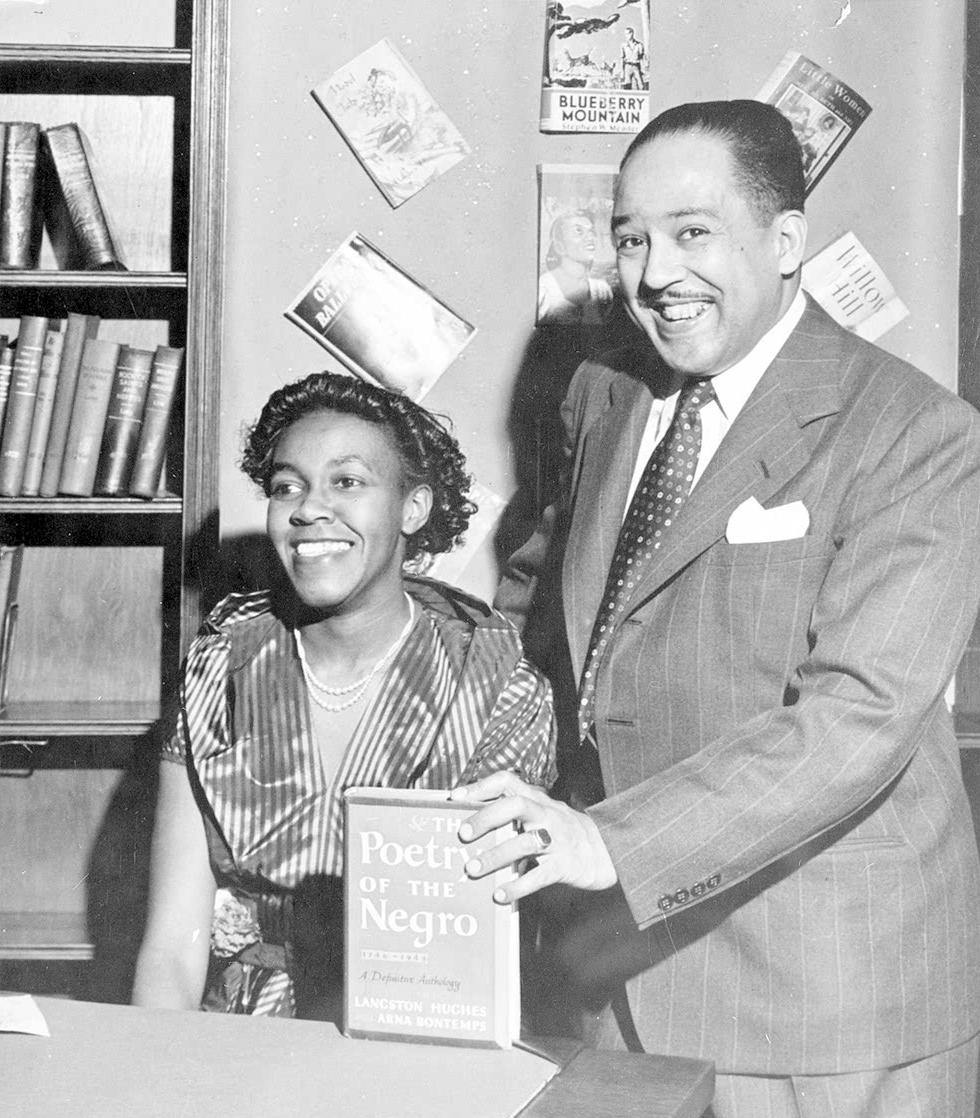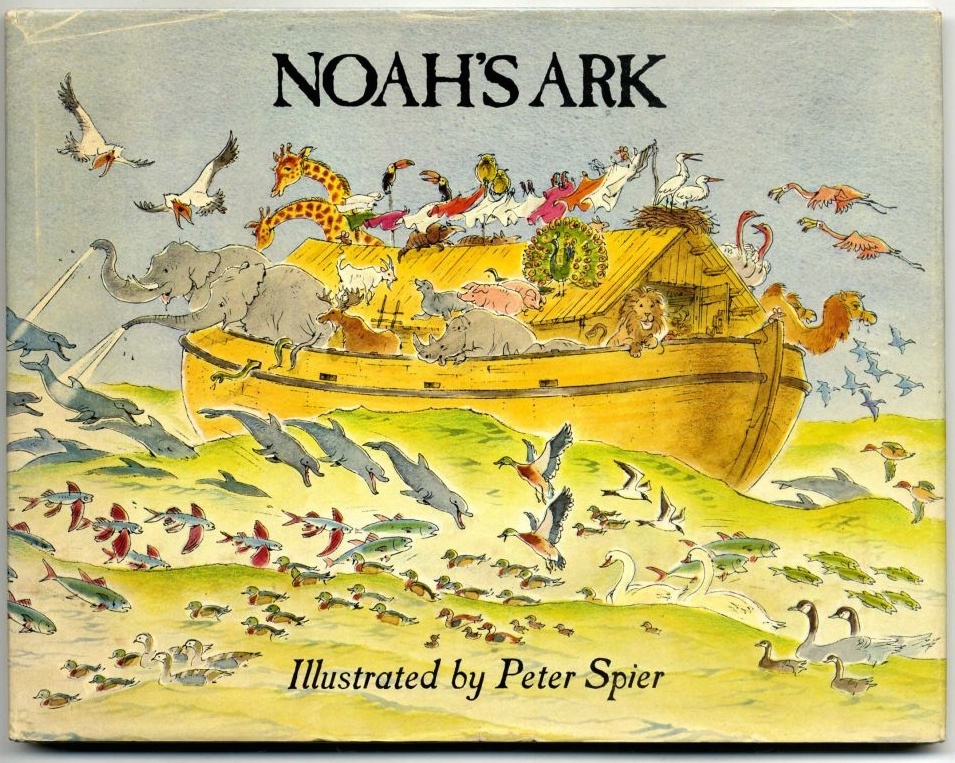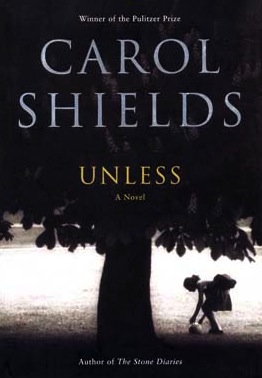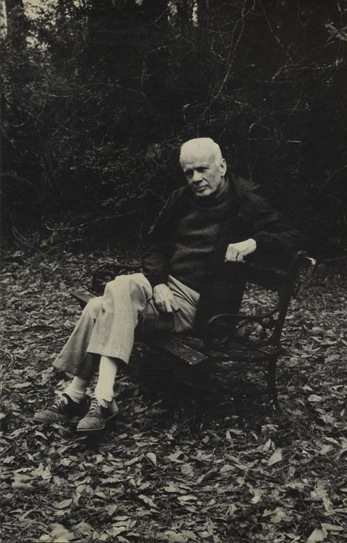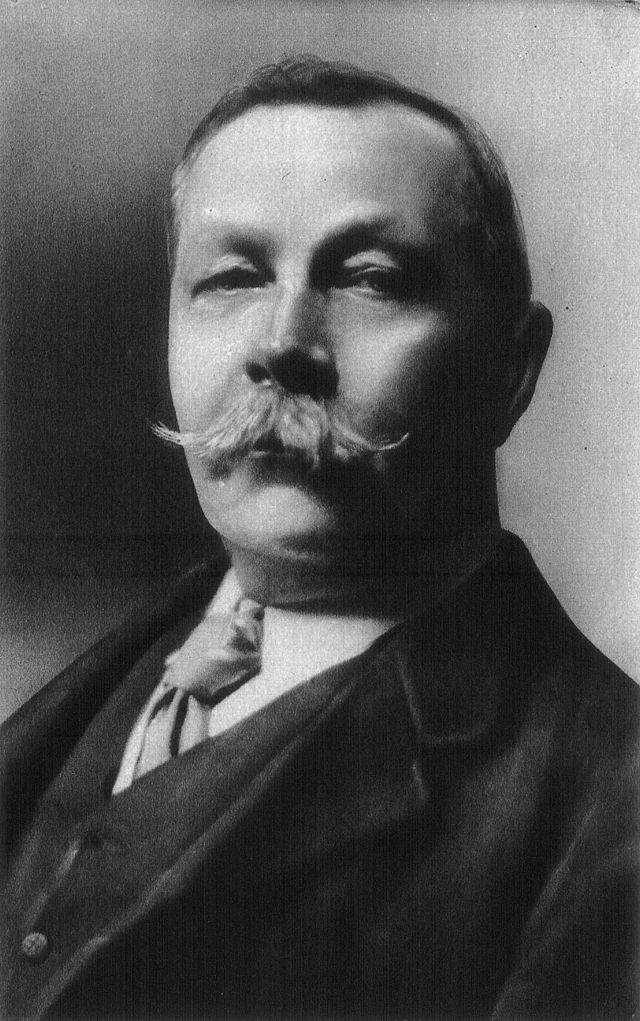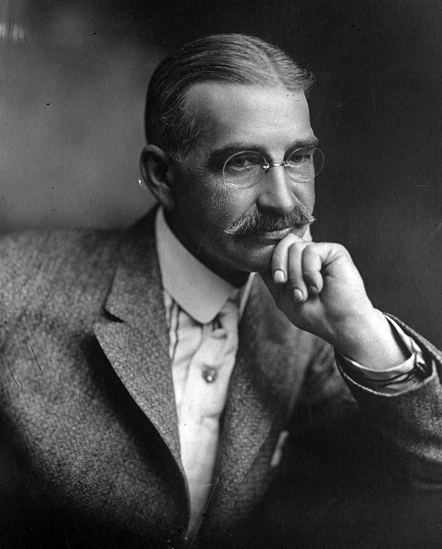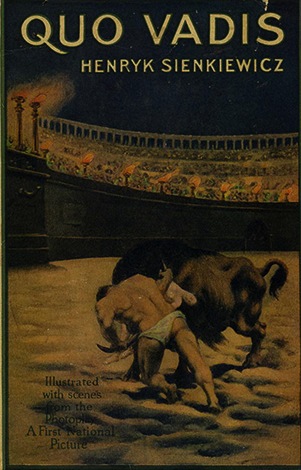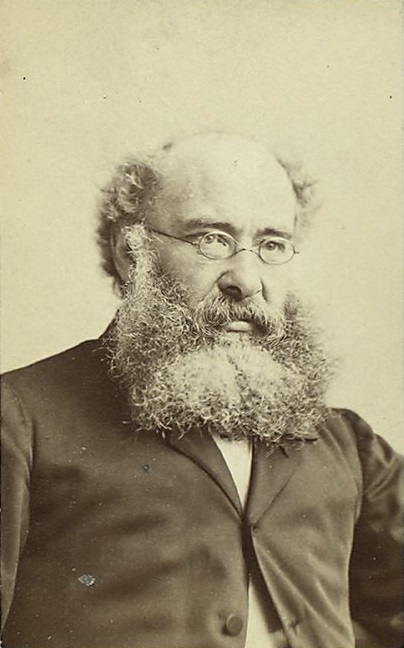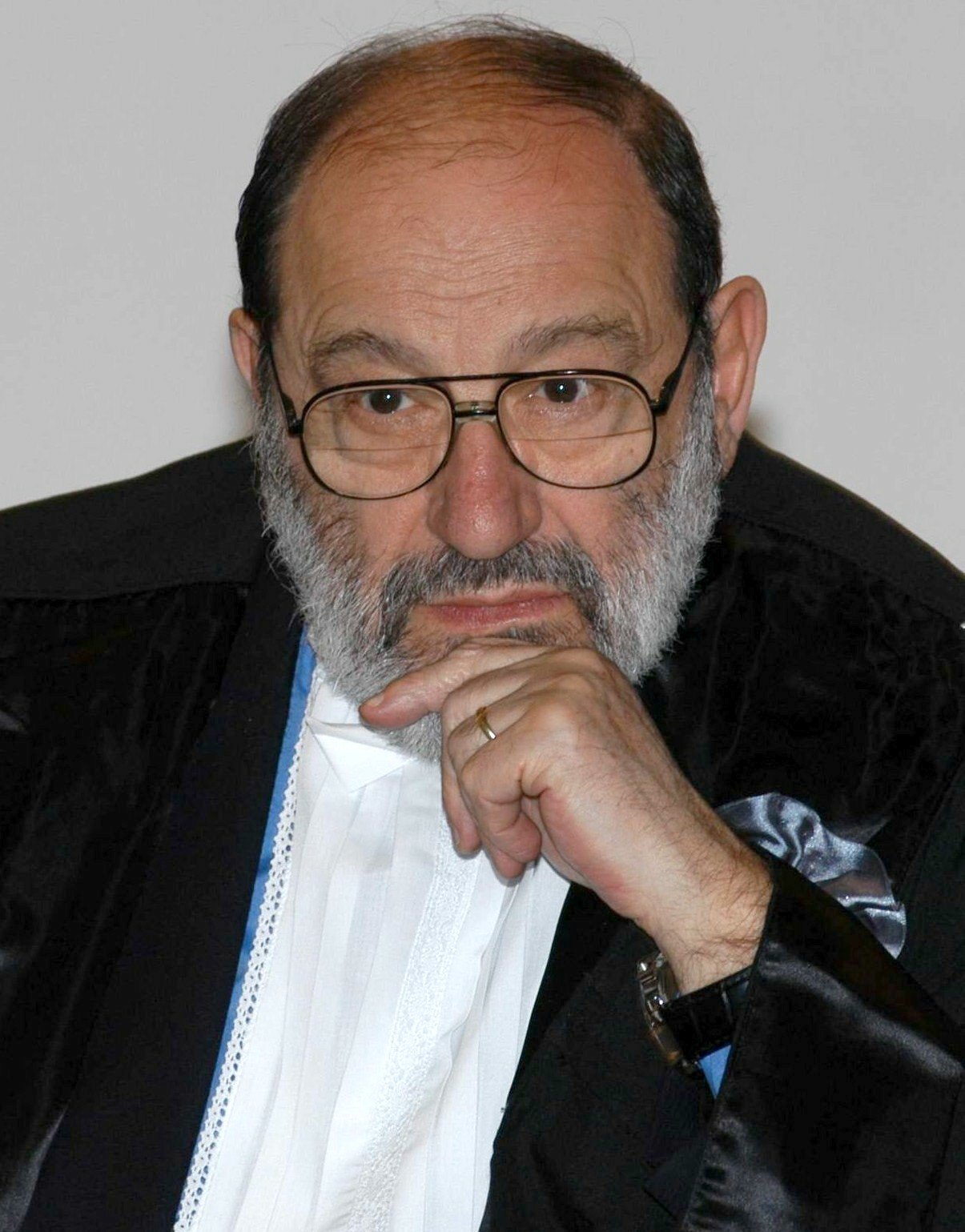Many elements combine to make for a deeply affecting children’s book.As in most any writing, story and characters are major factors in the success or failure of a children’s book. Likewise, an aesthetic is essential, one that is both captivating to children and palatable to the adults who often purchase and read the books aloud. While there’s no denying the importance of these elements, it seems likely that for many the most crucial element of a good children’s book is its artwork.Artwork, after all, is what imbues the plot, the characters, and the aesthetics with a sense of life, enriching them simultaneously with equal parts reality and imagination.This, in a nutshell, is how we can account for the success of Peter Spier.
Read more...




